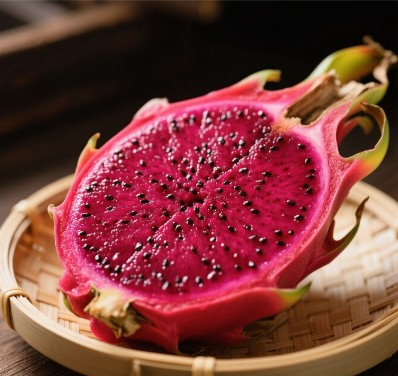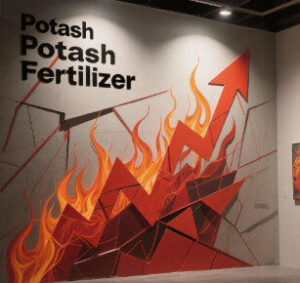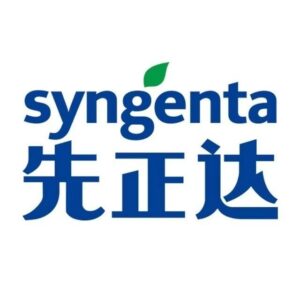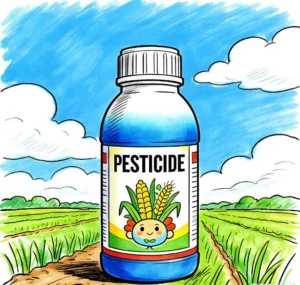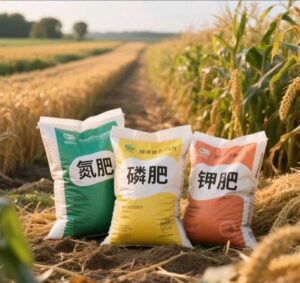Once hailed for its rapid growth and export potential, Vietnam’s dragon fruit industry now faces a severe dual crisis that threatens its very foundation. Export certification delays and a pesticide scandal have created a perfect storm, challenging the industry’s resilience and market credibility. As the situation unfolds, the interconnected nature of these challenges reveals deep-seated structural issues within Vietnam’s agricultural export system, with far-reaching implications for the country’s economic ambitions.
Regulatory gridlock paralyzes EU exports. A Bureaucratic Quagmire
The first major challenge paralyzing Vietnam’s dragon fruit exports is regulatory gridlock, which has halted shipments to the EU. Bureaucratic delays in obtaining essential phytosanitary certificates have reached critical levels, putting over 200 tons of dragon fruit at risk of spoilage each day. The root cause lies in new EU regulations that require Vietnamese government agencies to issue export certificates. The Ministry of Agriculture and Rural Development (MARD) appointed the Ho Chi Minh City Food Safety Department as the responsible authority; however, implementation has been hindered by regulatory gaps. The current Circular No. 12 only provides standard templates and lacks authorization for local agencies to issue “alternative forms of certification,” creating a legal limbo.
A representative from the department explained the dilemma: “Previously issued certificates were rejected by the EU because they required hand-signed originals rather than electronic signatures. Local agencies currently have no legal basis to comply with these new requirements.” This administrative bottleneck not only increases the risk of fruit spoilage, but also results in substantial economic losses. Industry estimates suggest that direct losses have already exceeded $5 million, causing incalculable damage to Vietnam’s reputation as a reliable agricultural exporter.
The issue is further compounded by a skills gap at the local level. Many officials in provinces such as Lam Dong lack a comprehensive understanding of EU phytosanitary standards. Despite the Plant Protection Department’s delegation of certification authority, the department has not provided adequate technical support, leading to widespread hesitation and an inability to process applications. Consequently, exporters find themselves in a cycle of uncertainty, with shipments stuck in warehouses or rotting in containers awaiting approval.
Pesticide Scandal: A Blow to Trust and Market Access
The industry is simultaneously reeling from a pesticide scandal that has further damaged its market standing. In July 2025, South Korea’s Ministry of Food and Drug Safety (MFDS) found high levels of pesticide residue in a shipment of Vietnamese dragon fruit imported by Del Monte. Laboratory tests revealed thiamethoxam residues at 0.11 mg/kg—ten times higher than South Korea’s maximum residue limit (MRL) of 0.01 mg/kg. Thiamethoxam is a neonicotinoid insecticide that poses potential health risks, particularly to the human nervous system when consumed in large quantities. The contaminated batch, totaling 15,000 kg of new-season fruit that entered Korea on July 8, was ordered off shelves, and consumers were advised to return the purchased products. This incident followed an earlier notification in April 2025 from the EU Rapid Alert System for Food and Feed (RASFF), when France rejected Vietnamese dragon fruit due to excessive dithiocarbamate residues (0.20 ± 0.10 mg/kg versus the 0.05 mg/kg MRL).
The pesticide scandal has had cascading effects. South Korea, a key market for Vietnamese dragon fruit, has intensified inspections and imposed stricter residue limits, effectively closing its doors to many Vietnamese exporters. Similarly, the EU, a high-value market, has warned that it may seek alternative suppliers if delivery delays and quality concerns persist. The economic stakes are high: approximately 250 tons of spice products (worth $2.4 million) are awaiting approval, and long-term loss of market share could be devastating to the industry.
Economic and Social Fallout: A Ripple Effect
The dual crisis has far-reaching consequences that extend beyond immediate losses. Binh Thuan Province, the heartland of dragon fruit production in Vietnam, traditionally exported 90% of its produce to China. However, the province had recently begun to diversify into EU markets. However, certification delays and pesticide scandals have halted these efforts, forcing farmers to sell their produce at lower domestic prices or watch it rot. Small-scale farmers, lacking the resources to absorb such losses, face financial ruin.
The Vietnamese Dragon Fruit Association estimates that tens of thousands of tons of high-quality fruit may be destroyed if the certification deadlock persists. This not only erodes farmers’ livelihoods, but also affects related industries, such as logistics, packaging, and transportation. Furthermore, the industry’s reputation as a reliable supplier has suffered, which could deter future investments and partnerships.
Government Response: Emergency Measures and Long-Term Reforms
In recognition of the urgency of the situation, the Vietnamese government has launched an array of emergency measures. On July 31, 2025, Prime Minister Pham Minh Chinh issued Document No. 6931/VPCP-NN, which outlines the government’s key directives.
- Immediately resolve EU export certification issues through expedited guidance on documentation procedures.
- Enhanced coordination between ministries and localities to streamline approvals and prevent supply chain disruptions.
- Crackdown on pesticide misuse through stricter inspections and enforcement of residue limits.
Within a month, the Plant Protection Department will implement reforms, including publishing a list of qualified inspection agencies, standardizing EU-compliant operational procedures, and conducting training programs for local officials. These measures aim to address the immediate certification delays and underlying technical capacity gaps.
However, experts warn that, while these reforms are necessary, they will only be effective if implemented swiftly and sustained over time. Past experiences demonstrate that bureaucratic inertia and resource constraints can impede progress, requiring continuous monitoring and support.
Long-Term Implications: A Wake-Up Call for Systemic Overhaul
The dual crisis has exposed systemic weaknesses in Vietnam’s agricultural export system.
- Regulatory inflexibility: The government’s inability to swiftly adapt to importers’ evolving certification requirements underscores the inflexibility of regulatory frameworks.
- Technical capacity gaps: The uneven distribution of expertise across provinces means that many regions struggle to meet high market standards, particularly with regard to phytosanitary protocols and pesticide management.
- Quality control issues: Persistent pesticide misuse reflects gaps in training, monitoring, and enforcement, which erodes consumer trust.
As Vietnam aims to reduce its dependence on the Chinese market and enter higher-value international markets, it is imperative that these structural issues are addressed. The crisis serves as both a warning and an opportunity. Strengthening agricultural export governance, investing in technical training, and implementing transparent quality assurance systems can help Vietnam transform this crisis into a catalyst for long-term resilience.
Furthermore, the government should prioritize public-private partnerships to encourage farmers to adopt sustainable practices, such as integrated pest management and digital traceability systems. Collaborating with importers and international organizations could help align standards and facilitate smoother market access.
Conclusion: A Crossroads for Vietnam’s Agricultural Future
Vietnam’s dragon fruit industry is at a pivotal moment. Export certification delays and pesticide scandals have exposed vulnerabilities that could derail years of growth if left unaddressed. However, the government’s prompt response and dedication to reforms provide a glimmer of hope. Success will require more than short-term fixes; it will require a fundamental shift in how Vietnam governs its agricultural exports, emphasizing flexibility, technical capacity building, and stringent quality control.
Ultimately, Vietnam’s ability to navigate this crisis will determine if its dragon fruit industry will emerge as a global powerhouse or face prolonged decline. A holistic approach combining regulatory efficiency, technological innovation, and a commitment to meeting the world’s most stringent food safety standards is necessary. Only by doing so can Vietnam reclaim its position as a trusted supplier and secure a prosperous future for its farmers and exporters.


